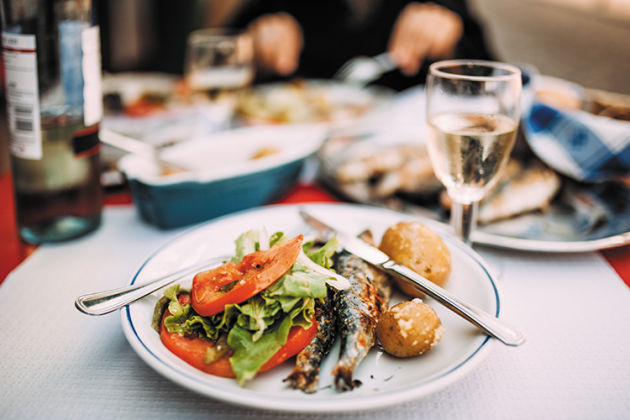
Independents bear brunt of restaurant closures
Britain’s restaurant numbers have fallen for the sixth quarter in a row with independent operators having borne the brunt of the closures as group-owned restaurants prove more resilient despite some major brand failures.
The quarterly survey of the country’s supply of licensed premises reports a 3.4% drop in restaurant numbers in the 12 months to June 2019 - an average of around 18 net closures a week.
For group-owned restaurants, defined as businesses with more than one site, the reduction in numbers was smaller at 1.2% - reflecting the fact that some groups, especially small to medium sized operations, continue to open new sites.
In a new review of cuisine types, the report shows the Italian, Indian and Chinese sectors have recorded the most net closures in the last 12 months, with the number of group-owned restaurants specialising in Italian food down 3.2% after site closures and some high-profile business restructuring - with the collapse of Jamie’s Italian the most prominent casualty.
“The trend suggests that more market contraction could follow,” said Karl Chessell, business unit director for food and retail at CGA.
“These are turbulent times for the restaurant, pub and bar sectors. As our new research shows, conditions are especially tough for independents, leased pubs and Italian restaurant operators. But while licensed sites are clearly in overall decline, things may not be quite as bleak as recent media commentary has suggested.
“You don’t have to look too far to find bright spots in the market. The emergence of dynamic young restaurant brands, the soaring popularity of certain cuisines and the revival of managed pubs in many parts of the country all provide grounds for optimism, and operators that can respond nimbly to shifting consumer tastes have a lot to look forward to.”
Cuisine types that have been in strong growth, according to the research, include Middle Eastern, Turkish and Caribbean sectors with each revealed to have at least 60% more restaurants than they did five years ago.
In addition, the number of vegetarian restaurants has increased by more than a third in just 12 months.
AlixPartners managing director Graeme Smith said: “The rapid growth of restaurants focused on certain cuisine types highlights how they can quickly find favour in response to the fast-changing tastes of British diners.
“The Asian-led part of the restaurant market is of particular interest to investors. It is popular with consumers and there is a comparative lack of chains with national scale, making it ripe for further merger and acquisition activity.”
In response to this consumer-led demand, Smith said he expected to see private equity be increasingly active in this segment of the market.
Across the licensed sector as a whole, Britain’s number of premises dropped 2.4% in the 12 months to June 2019, to just under 117,000, with the rate of closures of pubs and bars lower than the market average at 2.0%.
The report also indicates a further drop in leased pub sites. The number of drink-led leased pubs fell by 25% in the five years to June 2019, to just under 13,000—partly a reflection of moves.




